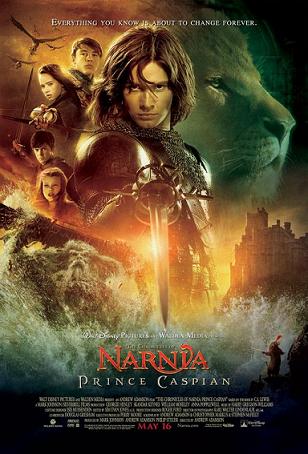Pope Benedict XVI targets atheists in his second encyclical, the most important papal document possible. The most immediate target is actually the Russian revolution and the suffering it caused. The gist of the Pope’s arguments seems to be that all attempts to make life better on Earth without involving God is doomed to failure as he notes, “A world which has to create its own justice is a world without hope.”
This is a huge slap in the face for atheists of course, or for that matter anyone who believes that human efforts in the here and now to make the world a better place do make a difference, but not unexpected for the Pope. After all, as the Pope, he has to believe that faith in God is a necessary component, even the only component that matters, in the salvation of humanity.
A more pertinent criticism is that the Pope seems to imply that the suffering and “violations of justice” that occurred under communism are typical results of such efforts to improve the world without the involvement of God. This not only ignores the suffering and injustices that occurred directly under the auspices of the Roman Catholic religious authorities including the Crusades, the persecutions of the Huguenots and flirtations with antisemitism, it also discounts the improvements to overall social well-being that occurred in spite of the church’s objections such as a reduction in prejudice against women, a wider acceptance of homosexuality, an increase in the usage of birth control methods and proper family planning and arguably, due to its resistance against the idea of separation of church and state and the idea of individual freedom of conscience, the rise of modern liberal democracies as the most effective and moral form of government.
There are many possible objections to this statement from a philosophical point of view as well, including what would human effort and determination to improve life on Earth mean if none of it ultimately matters except faith in God and what the often vaunted statement that God did indeed give humanity free will mean in this context. More generally, the sheer arrogance of the Pope’s statement makes me wonder, not for the first time, what is, if any, the net contribution of religion to society? The Pope sees that religions now play a smaller role in people’s lives both public and private than in the past and blames the present ills of society on this. I see that the present time offers a higher quality of life and greater freedoms for the average inhabitant of planet Earth than at any other point in human history and if He existed, I’d be inclined to thank God for being born in an era in which his influence is weaker than in any previous one.
